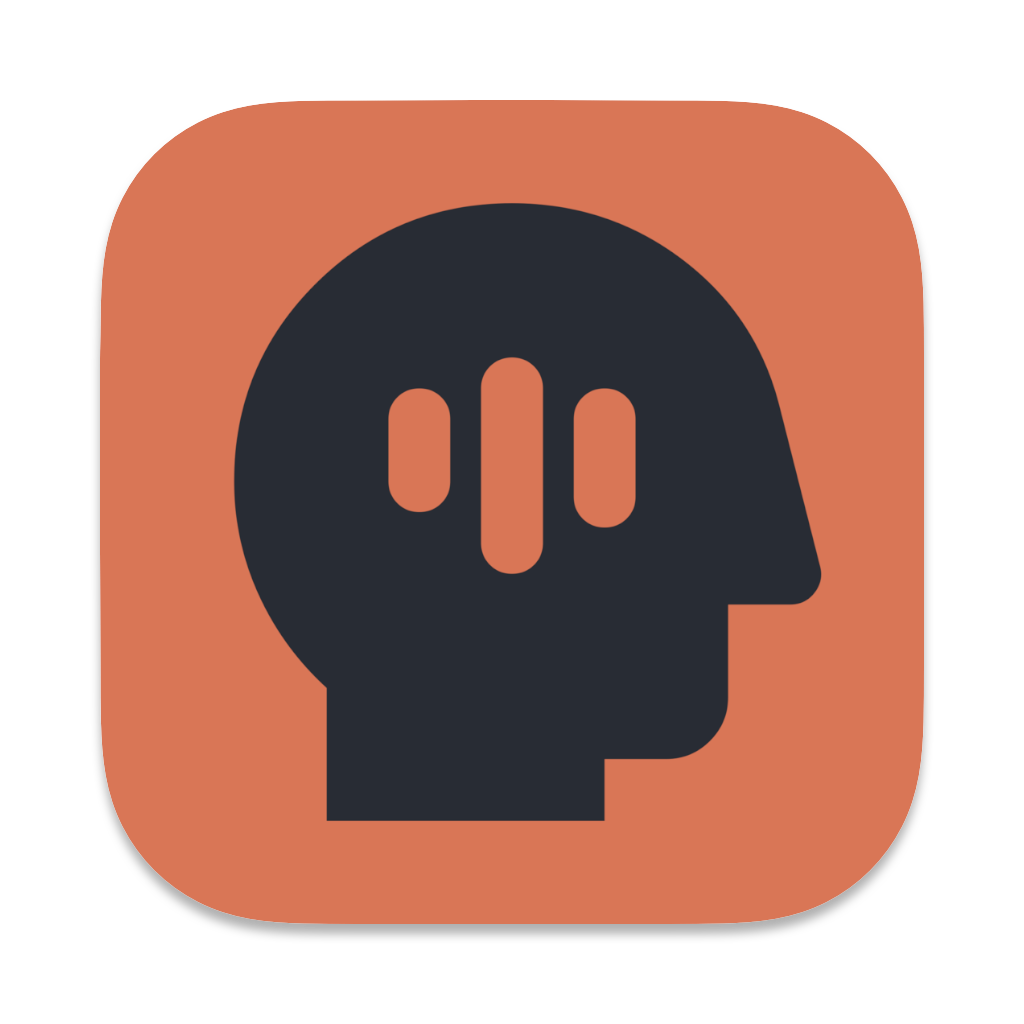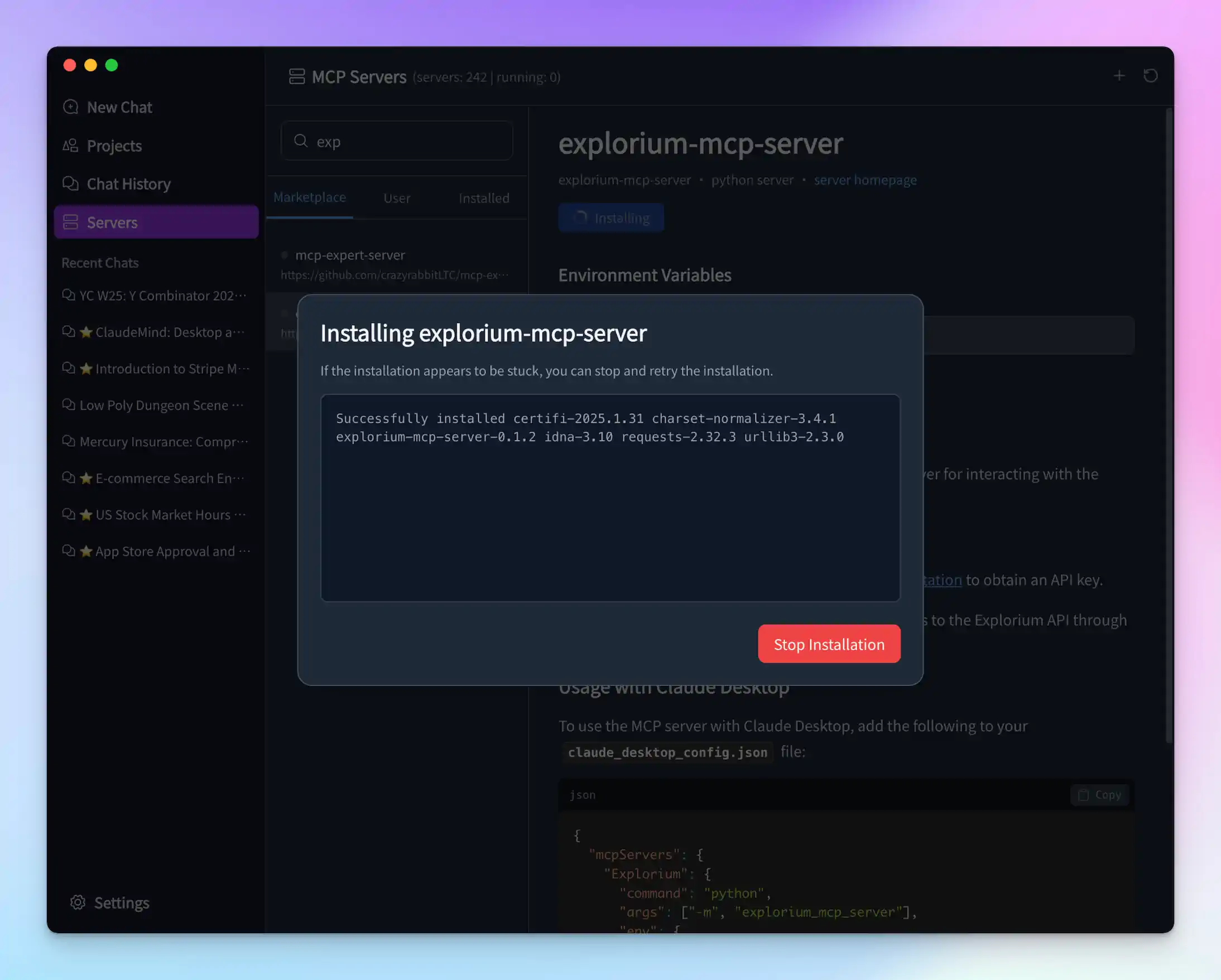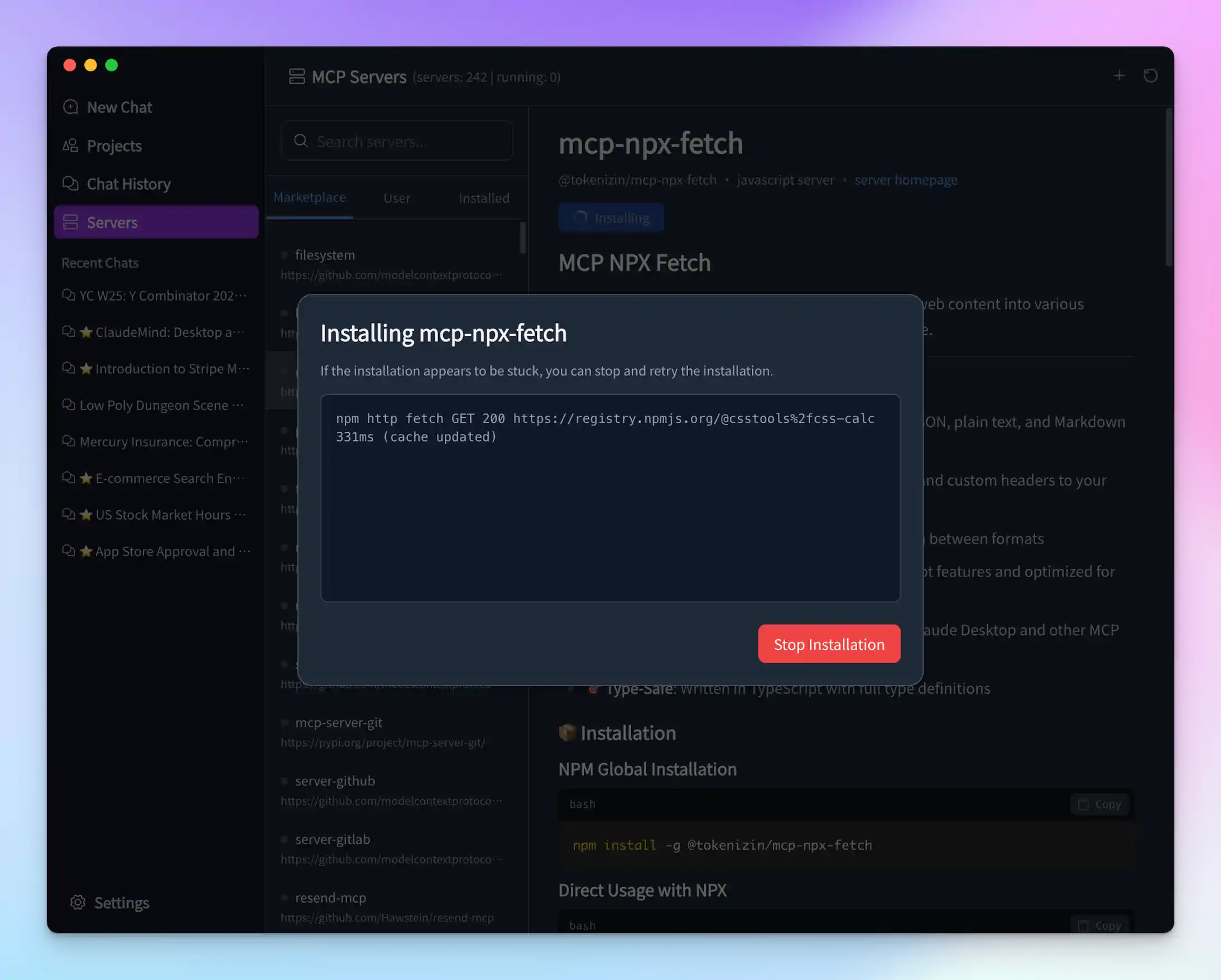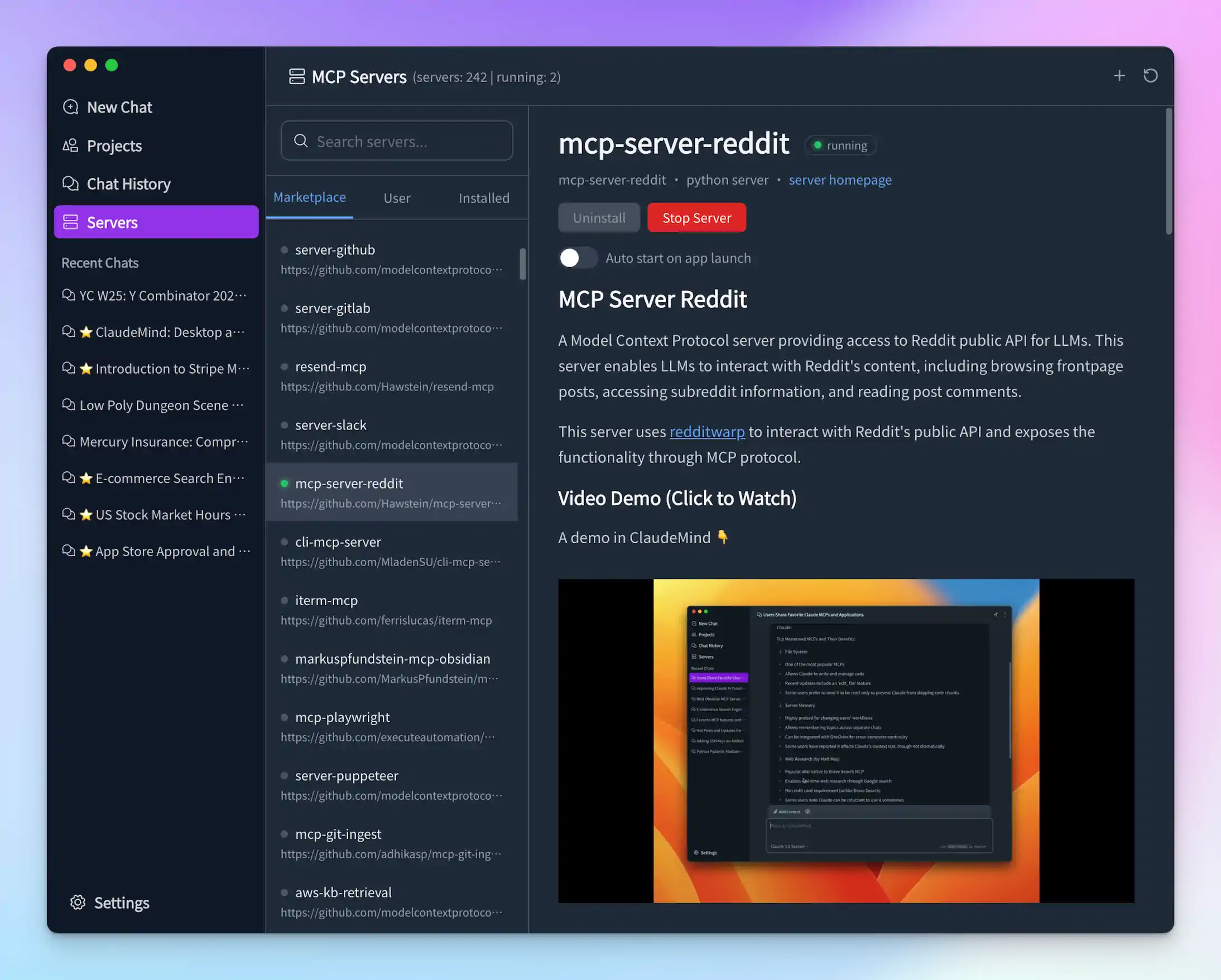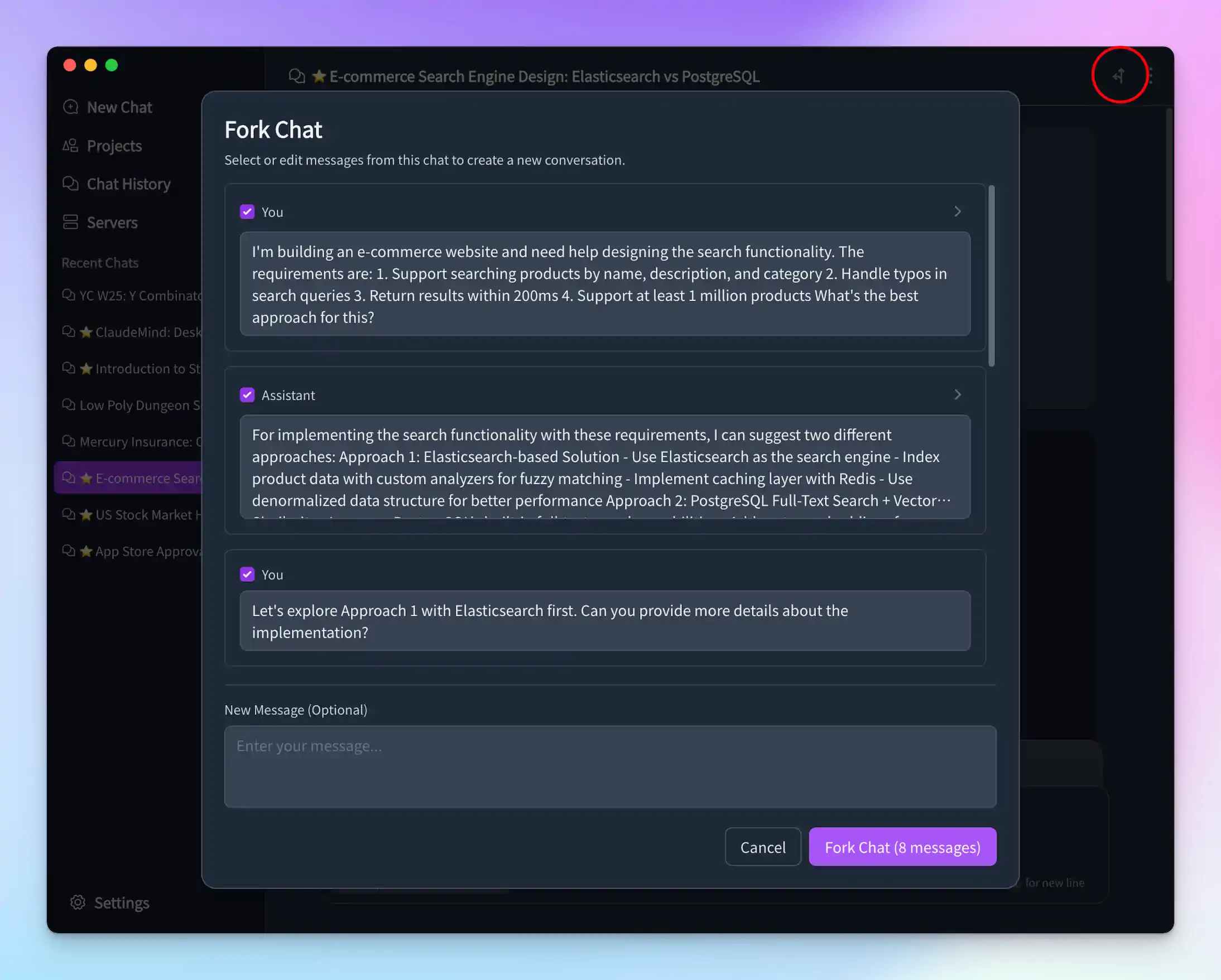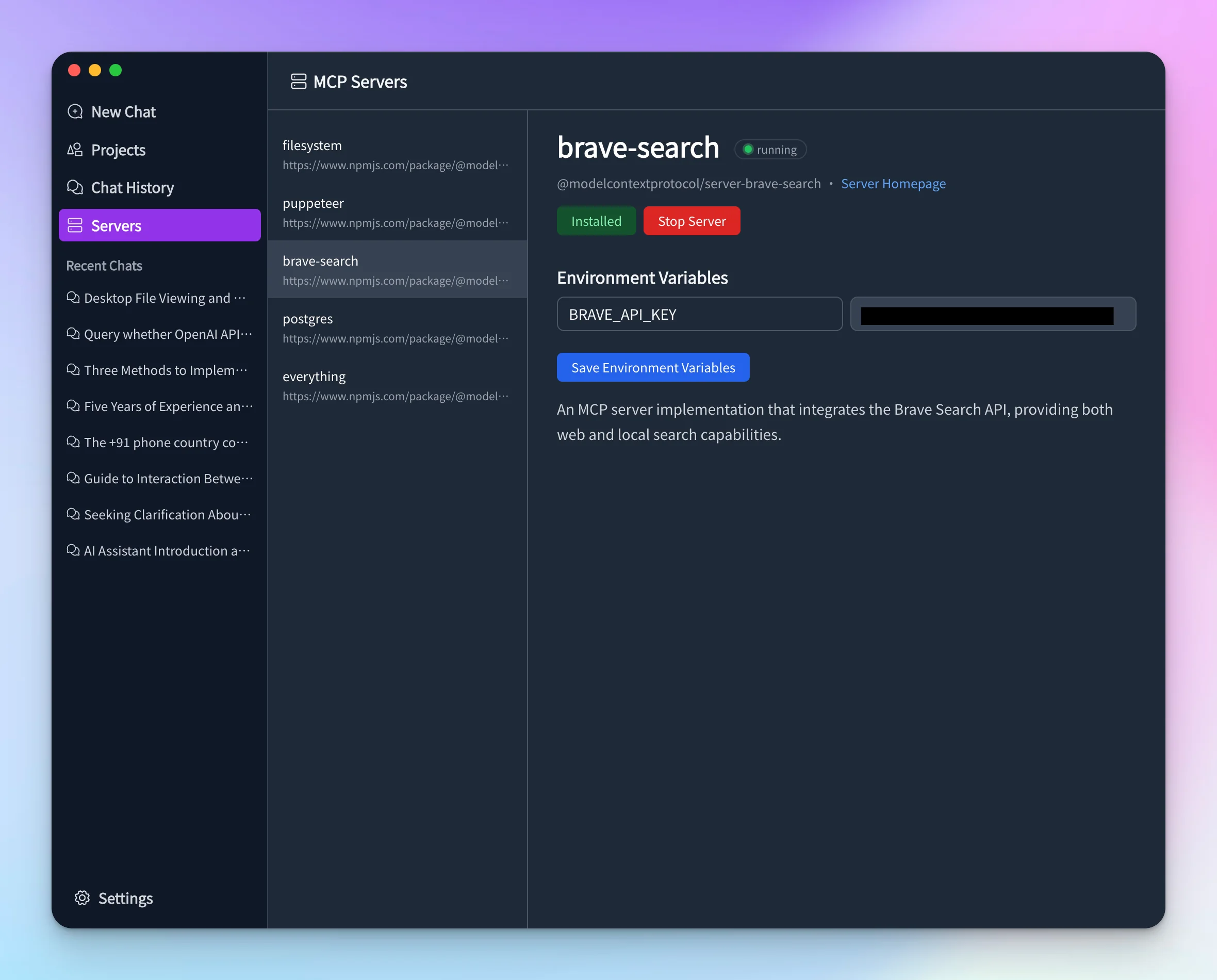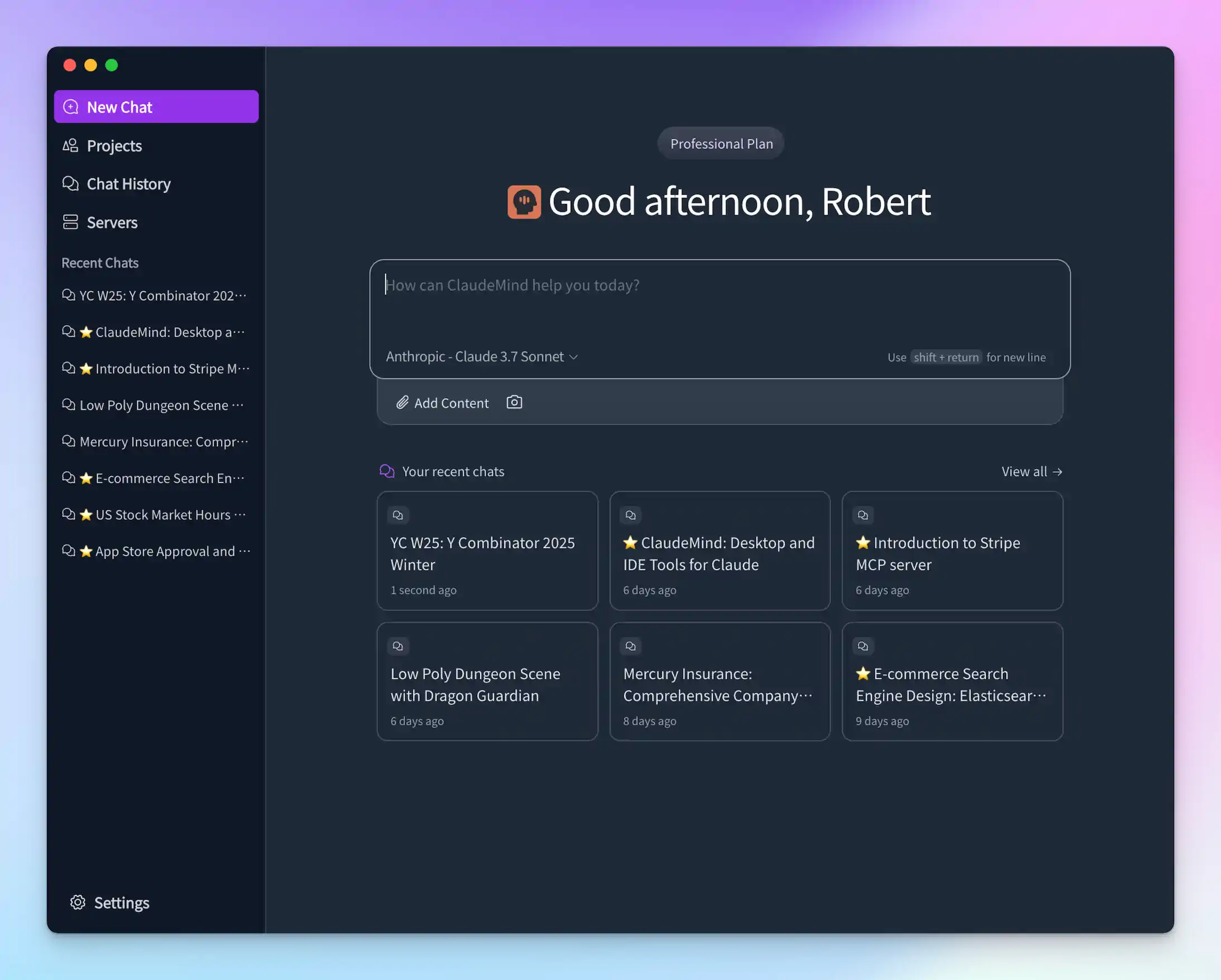Recently, a B2B data company started using ClaudeMind and used it to connect to their company’s MCP server. In my conversation with the company’s CEO, I discovered that the value MCP servers bring to enterprises is far greater than the value they bring to individual users. Before diving deeper, let’s watch a TL;DR video demo (I get it, everyone is impatient these days).
// Video here
In the demo, I used 3 MCP servers:
- explorium-mcp-server (to obtain detailed data report for a company)
- mcp-pandoc (to convert the report to PDF)
- resend-mcp (to send the PDF to relevant people)
With just 3 simple prompts, I obtained a detailed data report for a company, turned this report into a PDF, and then sent it to relevant people. I believe that in the AI era, this will gradually become our mainstream way of working.
Some people might argue: Oh, what’s so impressive about that? I can query data by writing SQL or using a nice Web UI, then export/copy this data to a document editor, then export it to PDF, then open my email client and send this PDF as an attachment. That doesn’t take much time either!
Oh, really? Just typing the above steps makes me feel it’s cumbersome. And believe it or not, I’ve tried hard to simplify this manual process.
Setting everything else aside, just the shift to natural language interaction makes me excited and convinced this will be the future way of working.
Let me give a very simple example: Search.
Recently, I’ve been using Google less and less, and more often finding the information I need directly in ClaudeMind (with brave-search and tavily-mcp installed). And I believe that in the future, Google search will die out, and no one will open Google to search for information they want.
Why?
Is Google not user-friendly enough? I don’t think so. Opening Google and typing keywords are very simple operations that take only a few seconds. However, opening the top 10 links on the first search page, reading the content of these web pages, and finding what I ultimately need takes a lot of time. Additionally, entering keywords in the Google search box is a process of information compression and loss. How well you choose keywords directly affects the quality of search results.
Even before this AI wave started, I had thought more than once about why I couldn’t just type out my entire question in the Google search box. For some questions, keyword extraction is really difficult.
Now LLMs make this possible. Natural language is our most comfortable output method, isn’t it? When I ask another person a question, I definitely don’t spit out a few keywords and expect that person to provide 10 articles that might contain the answer. Now, I can ask AI questions just like I would ask a real person. Then AI will extract keywords from this question to search the internet, quickly “read and digest” the content, and tell me the answer. And because AI “reads and digests” content very quickly, when the initial search quality is poor, it can immediately try different keywords for searching.
On one hand, AI allows you to use natural language to ask questions and assign tasks, which makes interaction very comfortable and natural without information compression and loss. On the other hand, AI “reads and digests” content very quickly, it can give us answers directly after reading a large amount of information, greatly improving our efficiency in obtaining information. And most of the time, we really only need the answer. The rest, I think, belongs to the realm of art: things we need to look at slowly, listen to slowly, and appreciate slowly, NO AI.
Going back to the use case of the data company mentioned at the beginning of the article, if I can ask questions and give instructions in natural language and ultimately get the results I want, why do I still need to know how to write SQL or use tools? It’s enough for AI to use tools. And a standard protocol (MCP) allows developers around the world to create tools (provided by MCP Servers) for AI. One day in the future, any non-trivial task will have tools to complete it. AI will use these tools, and we only need to ask questions and give instructions, using natural language.
